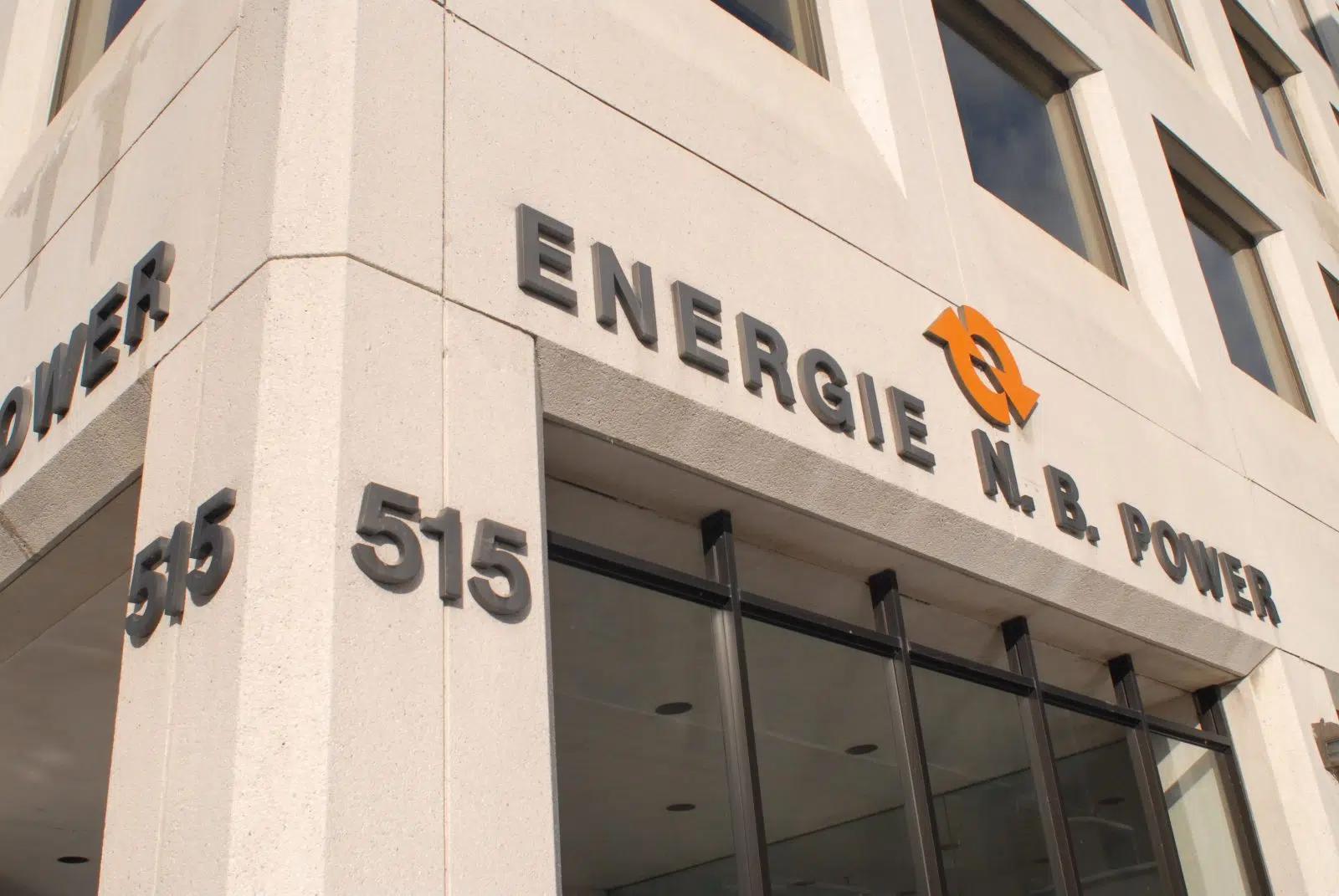NB Power’s first new generation facility in more than two decades will be built in southeastern New Brunswick.
PROENERGY has been selected to build and operate the facility in the Midgic and Centre Village area, near Sackville.
The “load-following” generation facility will be equipped with dual-fuel combustion turbines and grid-stabilizing synchronous condensers.
Synchronous condensers help balance the volatility of power supply provided by renewable energy by either generating or absorbing reactive power as needed, according to Siemens Canada.
NB Power said this will allow the facility to serve as a “critical backup” during gaps in renewable energy availability, and the generators will displace the use of heavier greenhouse gas-emitting generators.
“Duel-fuel combustion turbines are a flexible and established technology as they enable us to use traditional fuels now, like natural gas, and then switch to renewable and sustainable options as they become available,” Elizabeth Fraser, a spokesperson for NB Power, said in a statement to our newsroom.
Fraser said that could include fuel sources such as hydrogen and biodiesel. In addition, the turbines can operate on whatever fuel is most readily accessible and cost-effective.”
Potential shortfall in electricity generation
The new facility comes as New Brunswick sees an increase in electricity demand amid unprecedented population growth within the province.
NB Power’s latest Integrated Resource Plan identified a potential shortfall in generation capacity in the 2030s — that is now forecast to happen as early as 2028.
Knowing that time was of the essence, the utility issued a Request for Expressions of Interest in 2024 for the new generation facility.
“Launching this generation expansion project addresses the pressing need to enhance our grid’s reliability and security to meet the unprecedented growth in energy demand,” Lori Clark, president and CEO of NB Power, said in a news release.
“Partnering to secure additional electricity and capacity through this project ensures we can confidently navigate the energy transition, providing New Brunswickers with the reliable electricity they need, when they need it most.”
The Impact Assessment Agency of Canada is inviting people to review the summary of the initial project description and provide their comments on the proposed project.
Three virtual information sessions will also take place next week, where you can learn more about the project, the impact assessment process and how to submit comments.








